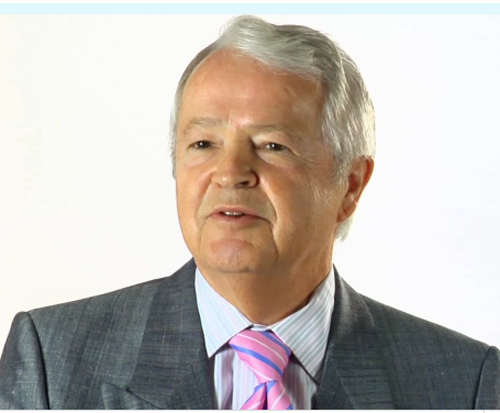Although the FDA has been able to cling for decades to the idea that the approved label constitutes virtually the only truth about an approved product, good common sense and the First Amendment are closing in on the traditional regulatory scheme. And, while the FDA is in denial, the regulation of drug communication and marketing is on the brink of changes that will enable patients and doctors to garner valuable information from companies about the safe, effective and economically efficient use of drugs, especially for off-label uses.
You may have missed the December decision by the federal appeals court for the 2nd Circuit in U.S. v. Caronia, but the majority in that case found truthful but off-label communication between a drug representative and a doctor to be protected speech under the First Amendment and refused to send Mr. Caronia to jail for “misbranding” a drug under the FD&C Act.
Questions remain about how the decision will change FDA marketing regulations and U.S. Department of Justice actions under the False Claims Act, but change is inevitable. While it may take time to play out, Caronia and the IMS v. Sorrell Supreme Court ruling will force the FDA to align its marketing policy with First Amendment principles. FDA’s and DOJ’s decision not to appeal the 2nd Circuit decision to the Supreme Court is tacit admission to that decision’s importance, even though the FDA has denied its scope and reach and declared that its current policies remain intact.
Truthful off-label communication can’t be prohibited—the agency must look beyond the label and develop a new standard of proof and care. The burden of proof should be on the government under this standard. In other words, FDA will have to prove something is false or misleading, not just allege it in a letter and demand compliance.
The tough question is what the new standard of proof should be to enable truthful claims while controlling false claims and protecting the commercial value of an FDA approval. When I asked Mit Spears, PhRMA General Counsel, that question, he replied that the FDA cannot rely solely on the label or the current standard for drug approvals, i.e., double-blind, placebo-controlled clinical trials. “This is too high a standard for truth,” he said, especially when so many unapproved uses have become the standard of care, are in Compendia and are paid for by the government and insurance companies.
Spears called the Caronia decision “a victory for patients,” because it enables more robust discussions between doctors and drug reps, the source of the most up-to-date information on drug safety and effectiveness. Moreover, he noted that “the FDA’s restrictions on communication are unfair. Counter detailers are permitted to say whatever they want, so it’s not about being truthful or non-misleading, it’s about muzzling the industry.”
Following the lead of PhRMA and its members, the Coalition for Healthcare Communication looks forward to working with the FDA to develop a regulatory paradigm that both protects its critical mission and fosters the provision of truthful and non-misleading communications.
In an environment where controlling costs and employing the best possible therapies are paramount, it’s not just about more robust marketing. It’s about the health of patients and giving clinicians, caregivers and patients to better access to the latest and best information on patient care.
John Kamp is executive director of the Coalition for Healthcare Communication
From the May 01, 2013 Issue of MM+M - Medical Marketing and Media







